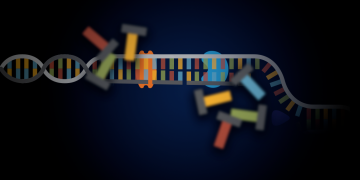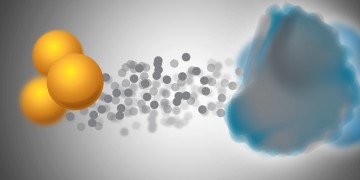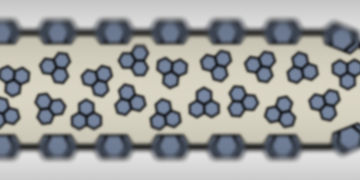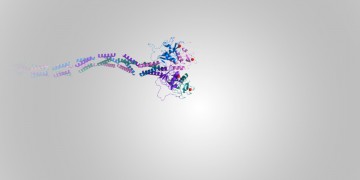
So, How Can the Sso7d Fusion Polymerase Technology Help Your PCR?

Next Generation Computers: Transforming Cells into Autonomous Computing Devices

Researcher Profile: Suzanne Topalian Pioneers PD-1 Inhibitor Drug to Treat Advanced Cancer

Ebola: New Techniques for Diagnosis, Treatment, and Prevention

Trends in Protein Separation and Analysis — the Advance of Stain-Free Technology

Purification Trends: How Smart is Chromatography Automation?

The Ever-Expanding Universe of Droplet Digital™ PCR Applications

Building New Anti-HIV Molecules with Bio-Rad’s ProteOn™ XPR36 System

Digital PCR at the Next Level: Users Find Many Applications for the QX100™ Droplet Digital™ PCR System


